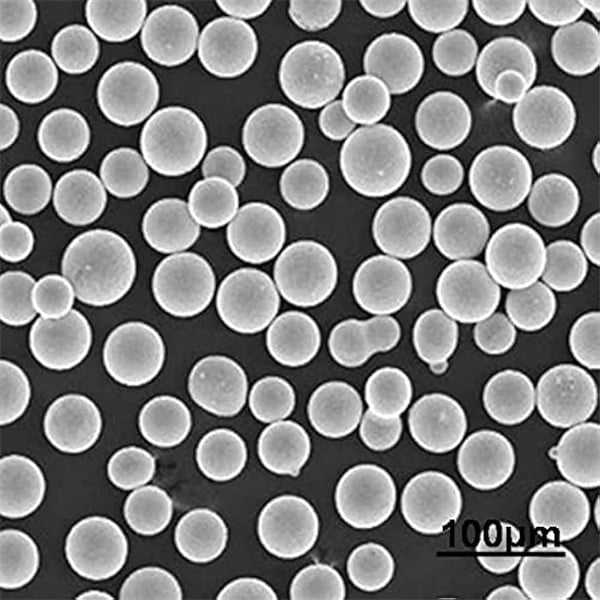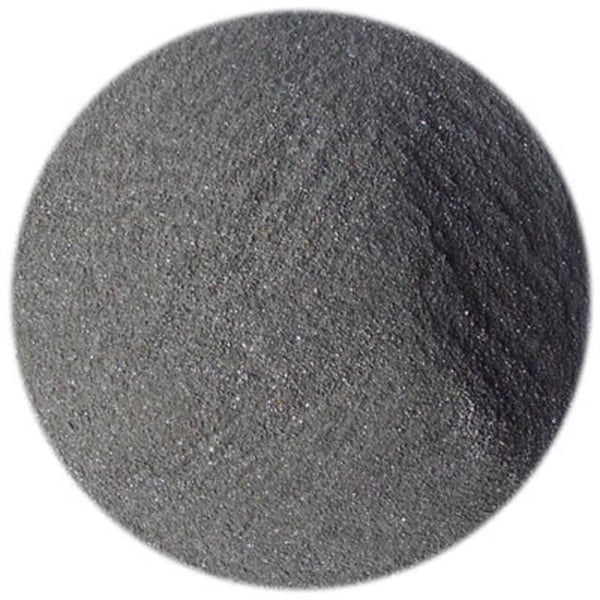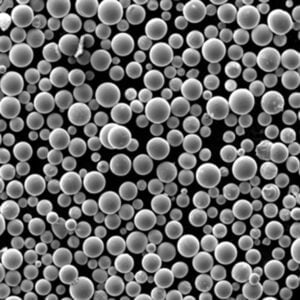metal powder for welding
Table of Contents
Have you ever envisioned a welding process that’s faster, more precise, and even capable of creating thicker welds? Well, metal powder welding might just be the answer you’ve been looking for. This innovative technique takes welding to a whole new level, offering significant advantages over traditional methods. Buckle up, gearheads, because we’re diving deep into the world of metal powder for welding, exploring its intricacies, applications, and why it’s rapidly transforming the welding landscape.
The Advantages of Metal Powder for Welding
Imagine a welding process that feels like sprinkling magic dust to create strong, durable joints. That’s essentially what metal powder welding does. Here’s a breakdown of the key benefits it offers:
- Enhanced Productivity: Metal powder welding boasts significantly faster welding speeds compared to traditional wire welding. This translates to quicker project completion times and increased production efficiency. Think of it as the Usain Bolt of welding techniques, leaving its competitors in the dust.
- Superior Weld Quality: The precise control over metal deposition with metal powder welding allows for the creation of cleaner, more uniform welds with minimal spatter. Imagine achieving that picture-perfect weld bead you’ve always dreamt of – metal powder welding makes it a reality.
- Improved Weld Strength: Metal powder welding can produce denser welds compared to wire welding. This translates to stronger joints that can withstand greater stress and loads. Think of it as building a bridge – metal powder welding ensures a more robust and reliable structure.
- Greater Versatility: Metal powder welding is compatible with a wider range of materials than traditional methods. This opens doors to exciting possibilities, allowing you to weld even challenging materials with confidence.
- Reduced Distortion: The lower heat input associated with metal powder welding minimizes distortion in the workpiece. Imagine welding a thin sheet metal panel without warping it – metal powder welding helps you achieve that precise and controlled outcome.
- Thicker Weld Capability: Metal powder welding excels at creating thicker welds in a single pass, compared to the multiple passes required with traditional methods. This translates to significant time savings, especially on thicker workpieces.

Different Types of Metal Powder for Welding
Not all metal powders are created equal. The specific type of powder used will depend on the material being welded and the desired weld properties. Here’s a glimpse into the diverse world of metal powders:
- Iron-Based Powders: These are the most widely used powders, suitable for welding mild steel and similar materials. They offer a good balance of cost, performance, and ease of use.
- Nickel-Based Powders: These powders are known for their exceptional strength, corrosion resistance, and high-temperature performance. They are typically used for welding specialty materials like nickel alloys and stainless steel, where superior properties are critical.
- Stainless Steel Powders: As the name suggests, these powders are formulated for welding stainless steel components. They offer excellent corrosion resistance and maintain the integrity of the stainless steel material.
- Aluminum Powders: Welding aluminum can be tricky, but metal powder welding with aluminum-specific powders offers a solution. These powders provide a smooth and controlled welding process for achieving high-quality aluminum welds.
Material Selection Considerations:
Choosing the right metal powder requires careful consideration of several factors:
- Base Material: The type of metal you’re welding will dictate the most suitable powder composition.
- Desired Weld Properties: Do you prioritize strength, corrosion resistance, or something else? The powder selection should align with your specific needs.
- Process Compatibility: Ensure the chosen powder is compatible with your specific metal powder welding equipment.
Beyond Material Selection:
In addition to the material, other factors like particle size, flowability, and moisture content also influence the performance of metal powder welding. Selecting the right powder for your application is crucial for achieving optimal results.
The Applications of metal powder for welding
Metal powder welding isn’t just a fancy technology; it’s finding its way into various industries due to its unique advantages. Here are some prominent applications:
- Heavy Fabrication: The ability to create thicker welds in a single pass makes metal powder welding ideal for heavy fabrication projects involving thick-walled components. Imagine constructing a massive ship – metal powder welding helps ensure strong, reliable welds for the hull.
- Automotive Industry: The need for lightweight yet robust structures in automobiles makes metal powder welding a perfect fit. Think of car frames and components – metal powder welding helps create strong, lightweight designs for better fuel efficiency.
- Aerospace Industry: In the demanding aerospace sector, metal powder welding is used to create high-strength, lightweight components for aircraft. Imagine constructing a rocket – metal powder welding ensures the welds can withstand extreme stresses during launch and flight.
- Repair and Maintenance: Metal powder welding’s precision and control make it suitable for repair applications. Imagine fixing a cracked engine block – metal powder welding allows for precise weld placement and minimal distortion of the surrounding material.
- Additive Manufacturing: Metal powder welding plays a crucial role in additive manufacturing techniques like 3D printing of metals. Think of creating complex metal structures layer by layer – metal powder welding is the technology behind this revolutionary process.
Beyond the Obvious:
The applications of metal powder welding are constantly expanding as industries discover its potential. From building bridges to repairing pipelines, metal powder welding is transforming how we join metals for various applications.
Metal Powder Welding vs. Traditional Welding Techniques
While metal powder welding offers significant advantages, it’s important to understand how it compares to traditional welding methods. Here’s a breakdown of the key differences:
| Feature | Metal Powder Welding | Traditional Welding (Stick, MIG) |
|---|---|---|
| Welding Speed | Faster | Slower |
| Weld Quality | Cleaner, more uniform welds with minimal spatter | May produce spatter and require more cleaning |
| Weld Strength | Denser welds, potentially stronger | Weld strength can vary depending on technique |
| Versatility | Wider range of compatible materials | Limited to compatible materials |
| Distortion | Lower heat input, minimizes distortion | Higher heat input, can cause warping |
| Weld Thickness | Creates thicker welds in single pass | Requires multiple passes for thicker welds |
| Complexity | More complex setup and requires specialized equipment | Relatively simpler setup |
Choosing the Right Technique
The best welding technique for your project depends on various factors, including:
- Material Thickness: Metal powder welding excels at thicker welds, while traditional methods might suffice for thinner materials.
- Project Requirements: Consider the desired weld quality, speed, and material compatibility.
- Cost and Availability: Metal powder welding equipment might have a higher initial cost, while traditional methods are generally more affordable and readily available.
The Future of Metal Powder Welding
metal powder for welding is a rapidly evolving technology with immense potential. Here’s a glimpse into what the future holds:
- Advancements in Powder Technology: Development of new metal powders with improved properties like flowability and weldability will further enhance performance.
- Equipment Innovations: Expect advancements in metal powder welding equipment, making it more user-friendly, efficient, and cost-effective.
- Wider Adoption: As the technology matures and costs become more competitive, metal powder welding is poised for wider adoption across various industries.
A Transformative Technology:
Metal powder welding is more than just a new welding technique; it’s a transformative technology that is revolutionizing the way we join metals. Its unique capabilities offer significant advantages in terms of speed, precision, weld quality, and versatility. As metal powder welding continues to evolve, we can expect even more exciting applications emerging on the horizon.

FAQs
Q: What are the safety considerations for metal powder welding?
A: Metal powder welding uses fine particles, which can pose inhalation risks. Proper ventilation and using appropriate respiratory protection equipment are crucial. Additionally, adhere to standard welding safety practices regarding eye protection, heat protection, and electrical safety.
Q: Is metal powder welding difficult to learn?
A: Metal powder welding does require specialized equipment and training compared to traditional methods. However, with proper instruction and practice, it can be mastered.
Q: How much does metal powder welding equipment cost?
A: Metal powder welding equipment can range in price depending on the features and capabilities. Generally, it has a higher initial cost compared to traditional welding equipment.
Q: Can I use metal powder welding for home projects?
A: While metal powder welding offers advantages, the initial investment in equipment and the learning curve might be more suitable for professional or industrial applications. For home projects, traditional welding methods might be more practical.
In Conclusion:
Metal powder welding is a revolutionary technology that is changing the landscape of metal joining. Its unique capabilities make it a valuable tool for various industries demanding high-quality, fast, and precise welds. As the technology continues to develop, we can expect even wider adoption and exciting new applications emerging in the future.
know more 3D printing processes
Share On
MET3DP Technology Co., LTD is a leading provider of additive manufacturing solutions headquartered in Qingdao, China. Our company specializes in 3D printing equipment and high-performance metal powders for industrial applications.
Inquiry to get best price and customized Solution for your business!
Related Articles
About Met3DP
Recent Update
Our Product
CONTACT US
Any questions? Send us message now! We’ll serve your request with a whole team after receiving your message.

Metal Powders for 3D Printing and Additive Manufacturing
COMPANY
PRODUCT
cONTACT INFO
- Qingdao City, Shandong, China
- [email protected]
- [email protected]
- +86 19116340731

















